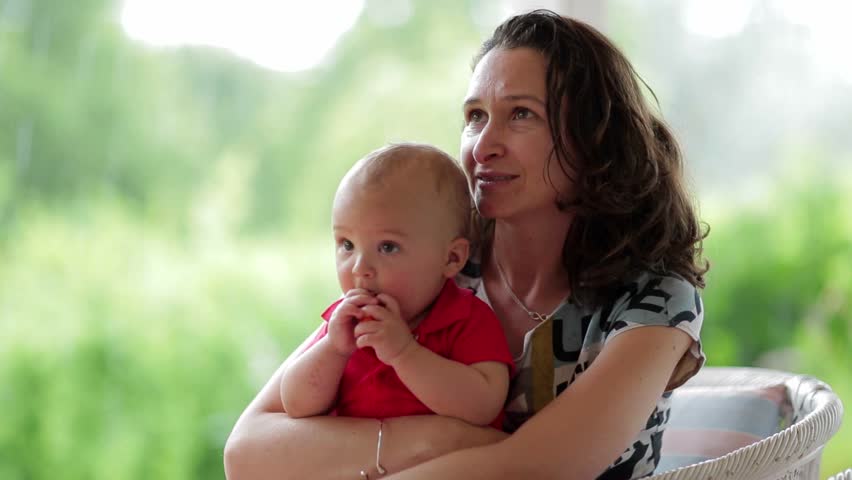Contents:
- Medical Video: Baby Is Born In Week 19, But When His Mom Puts Him On Her Chest It’s Heartbreaking
- Is that superfetation?
- How can superfetation occur?
- What will happen to the two fetuses with different ages?
Medical Video: Baby Is Born In Week 19, But When His Mom Puts Him On Her Chest It’s Heartbreaking
A married couple from Arkansas, United States, experienced something that was initially considered impossible but it turned out that it could also happen. The wife is carrying a two and a half week old fetus when the doctor realizes that in her uterus there is one more fetus that has just formed. Yes, this woman turned out to contain two fetuses of different ages!
This very rare phenomenon seems to have recorded history in 2015. Couples from Australia are carrying a ten-day-old fetus when doctors find another new fetus. Pregnancy of two fetuses of different ages is known as superfetation.
Is that superfetation?
Superfetation is a rare event in which a fetus forms in the womb of a woman who is carrying another fetus from fertilization first. So, it will contain two fetuses of different ages.
However, the two fetuses contained are not twins. In the case of multiple pregnancies, the fertilized egg by sperm cells will divide and become two separate fetuses. Or two different eggs will be fertilized by two sperm cells at the same time. The age of both twins is definitely the same because they come from the same menstrual cycle.
Whereas in the case of superfetation, the two fetuses come from different eggs and fertilization. The age of the two fetuses is certainly different. Usually the age of the fetus adrift a few days or several weeks.
Superfetation cases are quite common in other species such as rats, rabbits, horses, and sheep. However, in humans superfetation cases that have been recorded and are medically proven number less than ten. Superfetation was first discovered in 1960.
How can superfetation occur?
Pregnancy of a fetus whose age difference was previously considered impossible. After fertilization occurs, hormones in the body should stop the ovulation process. As a result, eggs will not be produced until the next nine months.
Meanwhile, superfetation occurs when a pregnant woman ovulates. When ovulating, the egg will be released by the ovary. If during this release the egg cells meet with sperm cells, the next fertilization will occur.
Until now, there have been no studies or theories that have managed to answer how a woman can ovulate when she is pregnant. According to the obstetrician interviewed by the health site WebMD, Dr. Jeffrey Kuller, this superfetation phenomenon will be very rare in humans. Not necessarily this event can happen again. Scientists will still continue to try to solve the mystery behind this rare phenomenon.
What will happen to the two fetuses with different ages?
Both fetuses will grow in the mother's womb like twins. However, because of his different age, his development is certainly not exactly the same. The date of birth is also different, depending on the age of each fetus.
However, of all cases that have been recorded, fetuses of different ages will eventually be born at the same time. This is not a problem because usually the baby's age difference is only a few weeks adrift. So, the second baby can be born safely and healthily.












